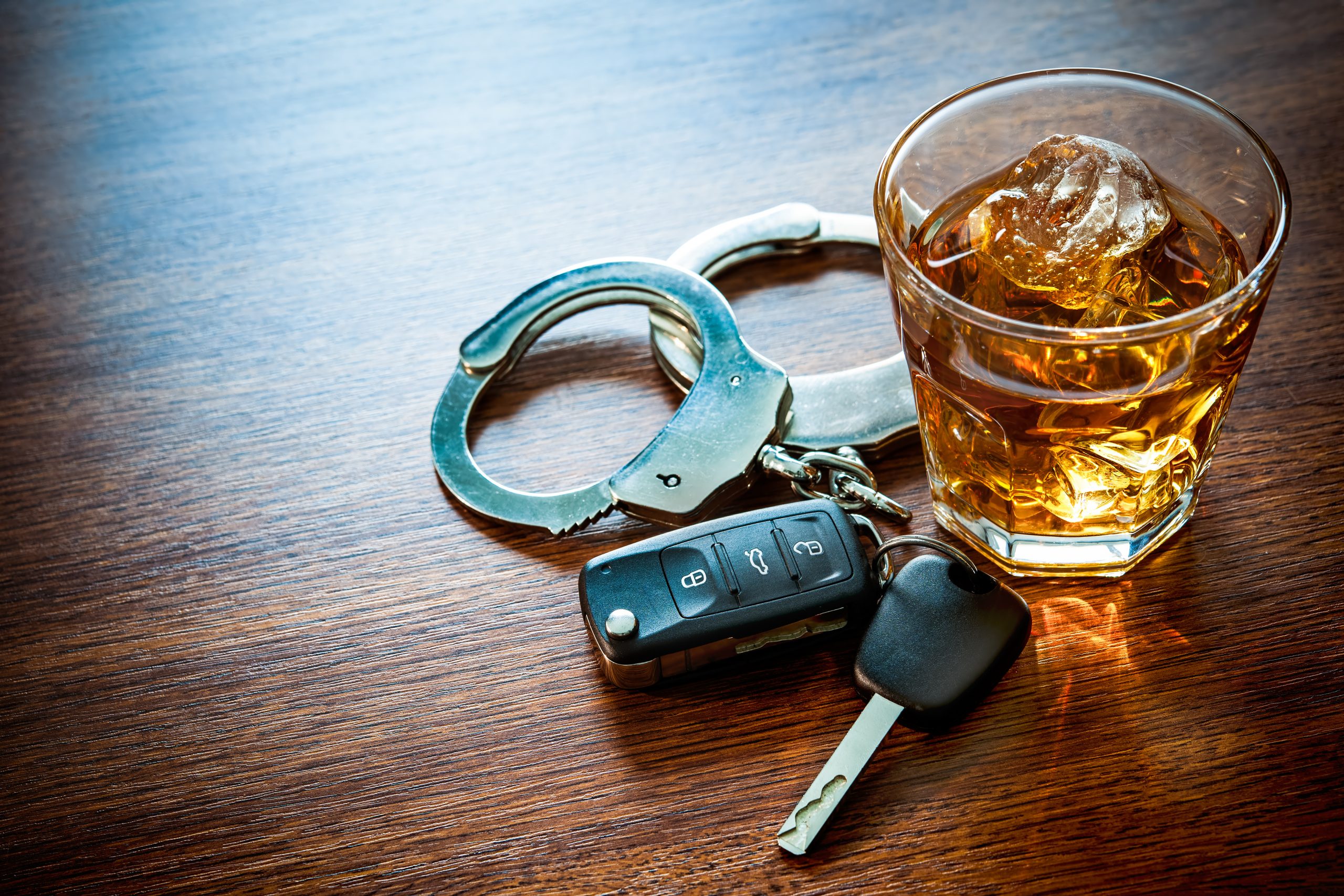Now Reading: Understanding the DUI Legal Process
-
01
Understanding the DUI Legal Process

Understanding the DUI Legal Process
Understanding the DUI Legal Process
Being charged with a DUI can be a long and confusing experience. However, it is more common than you might think, with 1 million people being arrested for driving under the influence every year in the US. This means a well-seasoned lawyer will have no problem getting you through the process as smoothly as possible.
The Initial Arrest
Being charged with a DUI begins with getting pulled over by a police officer. The officer could have seen you driving erratically and suspected you of driving under the influence or they could have made the initial stop for an unrelated reason, such as a broken tail light or other traffic violation. As long as the officer has probable cause to make a traffic stop, they are well within their rights to do so.
Once the officer has made contact with you, and believes you to be under the influence of alcohol, they will begin sobriety tests. These can consist of physical tests such as having you stand on one leg, walk in a straight line, and checking your eye movement. The officer may also request that you submit to a breathalyzer test, which estimates your blood alcohol content based on the amount of ethanol in your breath. In Massachusetts, it is considered driving under the influence if your blood alcohol content is .08% or greater.
If the officer believes the field sobriety tests indicate you were driving under the influence, they will place you under arrest. You will be read your Miranda rights and transported to jail for holding. Upon your arrest, you are required to provide a blood sample to be tested for your blood alcohol content. Once you have been arrested it is extremely important to hire a Massachusetts DUI lawyer to represent you going forward.
Arraignment
The arraignment will take place within a few days of your arrest. This will be your first time appearing in court regarding your DUI charge. The charges against you will be read, and your lawyer will enter a plea of not guilty on your behalf.
After you have entered a plea of not guilty, there will be a preliminary hearing. This is where the prosecution shows the judge what evidence they have, including witnesses. Your lawyer will be allowed to cross examine witnesses, but is not allowed to object to the use of any evidence. The prosecution may even present evidence that would not be allowed in a jury trial. After the prosecution has made their presentation, the judge will decide if there is enough evidence for you to be charged with a DUI. If so, a trial date will be scheduled.
Pre-Trial Motions
Pre-trial motions are ways for your lawyer and the prosecution to set boundaries for the case before it goes to trial. For example your lawyer will most likely make a motion to suppress. This is when your lawyer asks that evidence not be admissible in trial due to the way it was collected or because it has no bearing on the case. Your lawyer could also make a motion to change venue if they don’t believe a jury would be impartial due to publicity around the case. If your lawyer believes that the prosecution does not have sufficient evidence, they can make a motion to dismiss, asking the judge to dismiss all charges against you.
Discovery Phase
Before your trial there will be a discovery phase, beginning during the preliminary hearing. Discovery is the act of requesting evidence from opposing counsel. Using discovery, your lawyer will be able to see what evidence and witnesses the prosecution plans to use at trial. This is extremely important as it will allow your lawyer to begin planning on how to refute this evidence in court, or even make a motion to suppress so that the evidence cannot be used at all during trial.
Does Every Case Go to Trial?
Not every DUI case will go to trial, with about 10-20% of cases being dismissed. During the preliminary hearing it is possible for your lawyer to have the judge dismiss the case and drop the charges against you. This is done by having the evidence against you suppressed. One way to do this is by proving that the evidence was unlawfully obtained. Evidence is considered unlawfully obtained if the police officer did not have probable cause to stop you. When this is the case any evidence gathered due to that stop is inadmissible in court. The second way to have evidence suppressed is to prove that it is not accurate. Your lawyer can do this by arguing that the field sobriety or blood tests were not conducted correctly or that the tests themselves are not an accurate way of determining if someone is driving under the influence. If your lawyer can get all of the evidence suppressed, the judge will have no choice but to dismiss the case.










